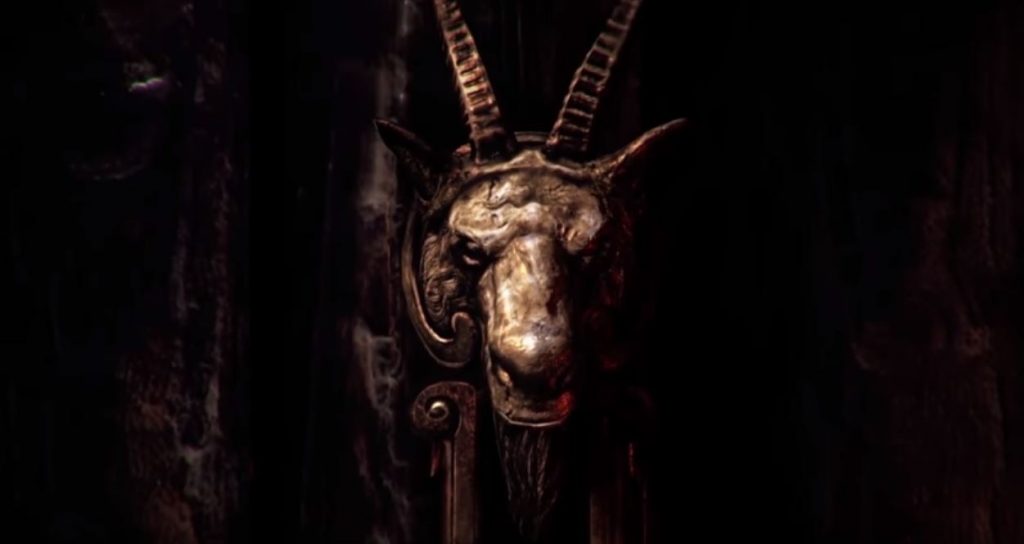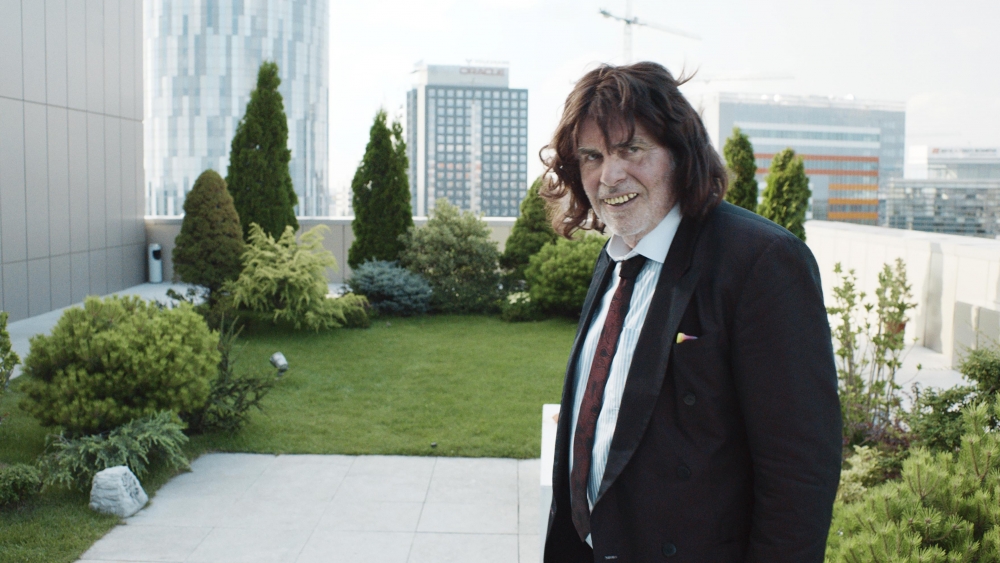Ghost in the Shell
by George Wolf
For all the celebrated vision of the 1995 Japanese anime standard Ghost in the Shell, it resembled the inspirations of a teenage boy hopped up on the works of Phillip K. Dick and Hugh Hefner. There was warmed-over sci-fi pondering, and there was plenty of gratuitous boobage.
Director Rupert Sanders delivers the live action remake as a visually rich feast, bringing a welcome upgrade to both character and storytelling.
In a technically dizzying future where the line between human and machine is growing constantly thinner, Major (Scarlett Johansson) emerges as the first true “ghost in the shell”: human brain in a cyber body.
She’s viewed as the perfect weapon, but her mission to locate Kuze (Michael Pitt), a cyber-terrorist capable of hacking into human minds, leads to some revelations that will have Major questioning her loyalties.
The studio defense of Johansson’s casting amounts to a weak tap dance around the truth: she’s a big star who looks the part and they think she’ll combine butts with seats. While the “whitewash” criticism is fair, Johansson also brings a necessary shift away from Major as merely a ridiculous adolescent fantasy.
Johansson conveys well the clash of mind and machine at work in Major, while Pilou Asbaek (A War) steals scenes as Batou, Major’s macho partner who’s sporting a nifty new set of cyber eyeballs.
Sanders (Snow White and the Huntsman) and his visual team work wonders (the 3D version is worth the investment), re-creating various scenes from Mamoru Oshii’s original film with stunning new flourish. This future world pops with visual style in every corner while maintaining a cold, unforgiving and detached aesthetic that feels right.
Screenwriters Jamie Moss and William Wheeler do provide crisper dialogue and a more polished narrative than the original film, but it’s a tale still rooted in overwrought tropes and stale cliches. Ironically, with a moral so consumed by the preservation of humanity, Ghost in the Shell doesn’t give you much to think about.
This beautiful body needs more of a soul.










